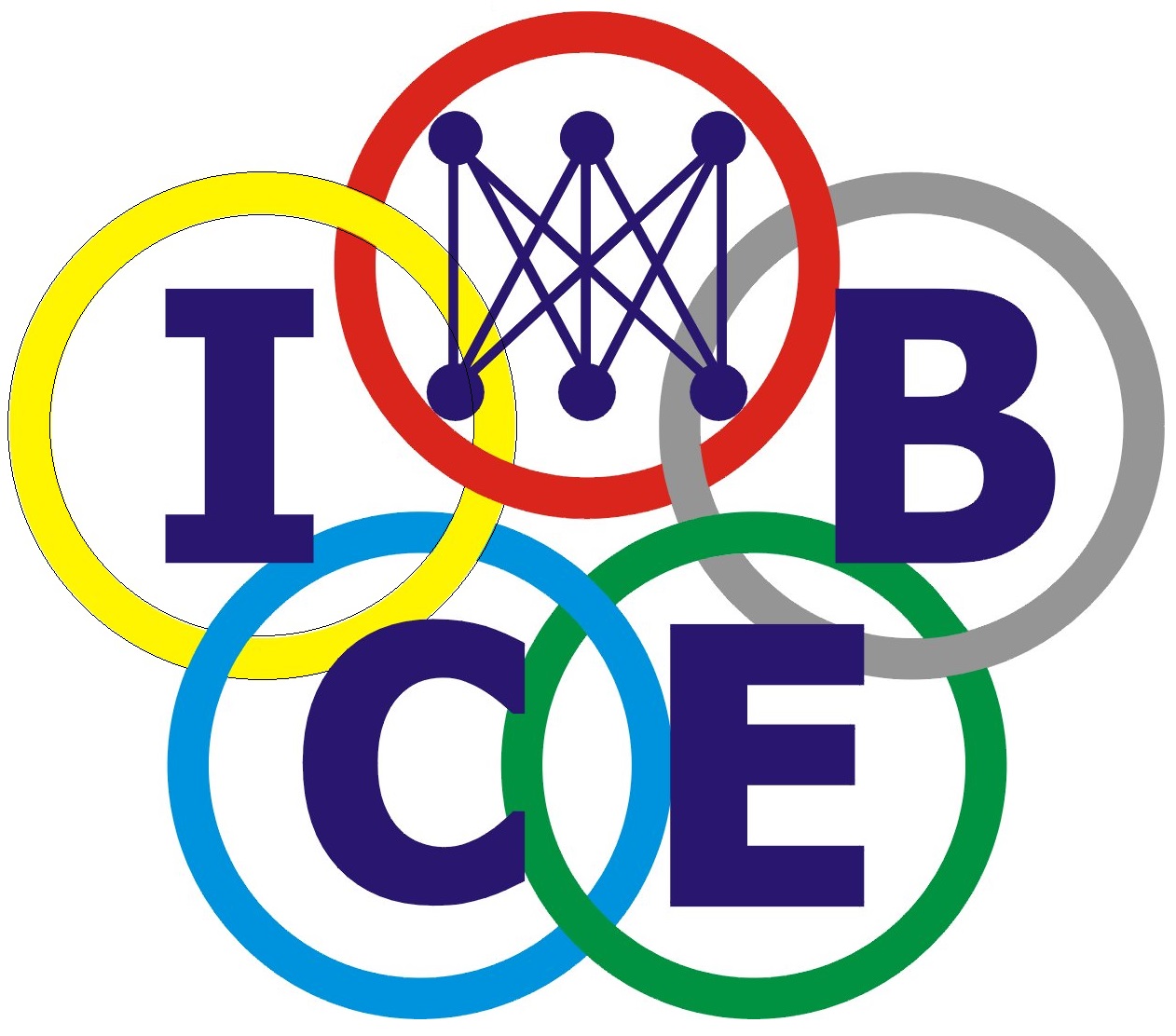Document Type
Article
Abstract
Business Process Reengineering (BPR) is defined as the fundamental rethinking and radical redesign of business processes. Implementing an Enterprise Resource Planning (ERP) system involves reengineering the existing business processes to accommodate the best practices adopted by these software packages. It is also suggested that an awareness of cultural differences, both at organizational and national levels, is critical to ERP success. This paper reports on a study of BPR through ERP implementation in two Chinese medium sized manufacturing organizations. The selected organizations are the same size and have implemented the same type of ERP systems to reengineer their business processes. One of the companies is a stateowned company and the other is a private organization. The findings suggest that business processes can only reflect technical aspect from socio-technical view. Other two subsystems, human system (eg, culture, motivation, communication, willingness to change) and management system are equally important to contribute to overall organizational performance.
Recommended Citation
Rahmati, Nasrin, "ERP Implementation and Cultural Issues: A case study" (2007). ICEB 2007 Proceedings (Taipei, Taiwan). 48.
https://aisel.aisnet.org/iceb2007/48


